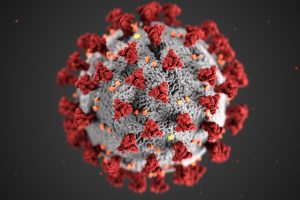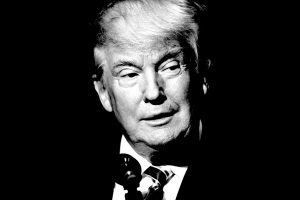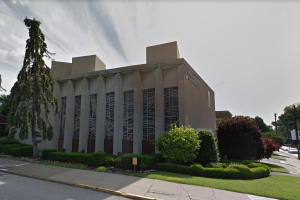Venezuela is preparing to vote on Sunday, July 30, to elect delegates to a National Constituent Assembly tasked with rewriting the constitution as anti-government protests have left over 100 dead in recent months.
What is Venezuela voting on?
Venezuelans will select among 6,000 candidates for 545 seats, depending on where they live.
President Nicolás Maduro has said the delegates would be loyal to the Chavismo movement and “the old structures of political parties” would not be welcome.
The constituent assembly, also known by its Spanish acronym ANC, would have the power to dissolve the National Assembly, Venezuela’s opposition-controlled legislative body. Critics and opposition leaders also say it could delay the planned 2018 presidential election.
Maduro says the ANC will bring peace and economic growth to the struggling nation.
According to the Wall Street Journal, less-populated states that support Maduro will have a disproportionately high number of delegates compared to states with higher population where anti-Maduro sentiment has grown.

The government banned protests from Friday to Tuesday but the opposition coalition Democratic Unity Roundtable, also known as MUD, pressed for protests to continue.
MUD also called for a 48-hour strike this week to put economic pressure on Maduro. However, any success of the strike would be hard to gauge. Although MUD claimed high participation in the strike, many people who already struggle due to Venezuela’s steep inflation and recession said they had to work.
Venezuela’s nearly three million state workers are being pressured to vote, including those employed by the PDSVA state oil company. According to documents seen by Reuters, PDSVA management has threatened to fire any employee who does not vote.
International response
On Wednesday, July 26, the United States sanctioned 13 government officials within Maduro’s United Socialist Party of Venezuela (PSUV) and warned anyone joining the ANC could be subject to sanctions as well.
On the sanctions of individuals:
“Some are intimately involved in the imposition of a National Constituent Assembly designed to undermine Venezuela’s democracy and deny Venezuelans from having any role in deciding their country’s future. Others participate in widespread corruption that squanders Venezuela’s resources and contributes to the suffering of the Venezuelan people. Some commit human rights abuses to enforce the authoritarian directives of the Maduro government that deny Venezuelans their fundamental political rights of freedom of assembly, freedom of association, and freedom of speech.”
U.S. State Department spokesperson to Grasswire
The State Department announced in a travel warning on Thursday, July 27 that it had ordered family members of employees at the U.S. Embassy in Caracas to leave the country. It also approved the voluntary departure of employees at the embassy.
U.S. Vice President Mike Pence spoke with opposition activist Leopoldo López on Friday, July 28, who was recently granted house arrest after more than three years in military prison. In a White House statement, Pence repeated President Trump’s pledge that “strong and swift economic actions” will come if Maduro holds the ANC vote.
Colombian President Juan Manuel Santos said the country will not recognize the result of the ANC, saying it has “an illegitimate origin”.
An unknown amount of Venezuelans have fled to the neighboring country of Colombia as food and medicine shortages cripple the once-prosperous nation.
Santos also announced that more than 150,000 visa extensions will be granted to Venezuelans who have overstayed.
The Colombian airline Avianca announced on Thursday, July 27, that it would suspend operations to Venezuela effective immediately, citing operational concerns. Initially, the company had slated for flights to end on August 16.
The United Nations human rights office issued a statement calling on the Venezuelan government to respect the people’s choice to vote or not. “No one should be obliged to vote, while those willing to take part should be able to do so freely,” Office of the UN High Commissioner for Human Rights spokesperson Elisabeth Throssell said.
The Organization of American States, a group that Venezuela is a part of, deeply criticized the voting process. Secretary General Luis Almagro said in a statement, “The rules for the constituent process violate the basic principles of democracy established in international treaties and in the very Constitution of the country.”
On #30Jul @NicolasMaduro has called for a flawed election without legal power to do so. Message from Secretary @Almagro_OEA2015 pic.twitter.com/g1rgvJGaAi
— OAS (@OAS_official) July 28, 2017




